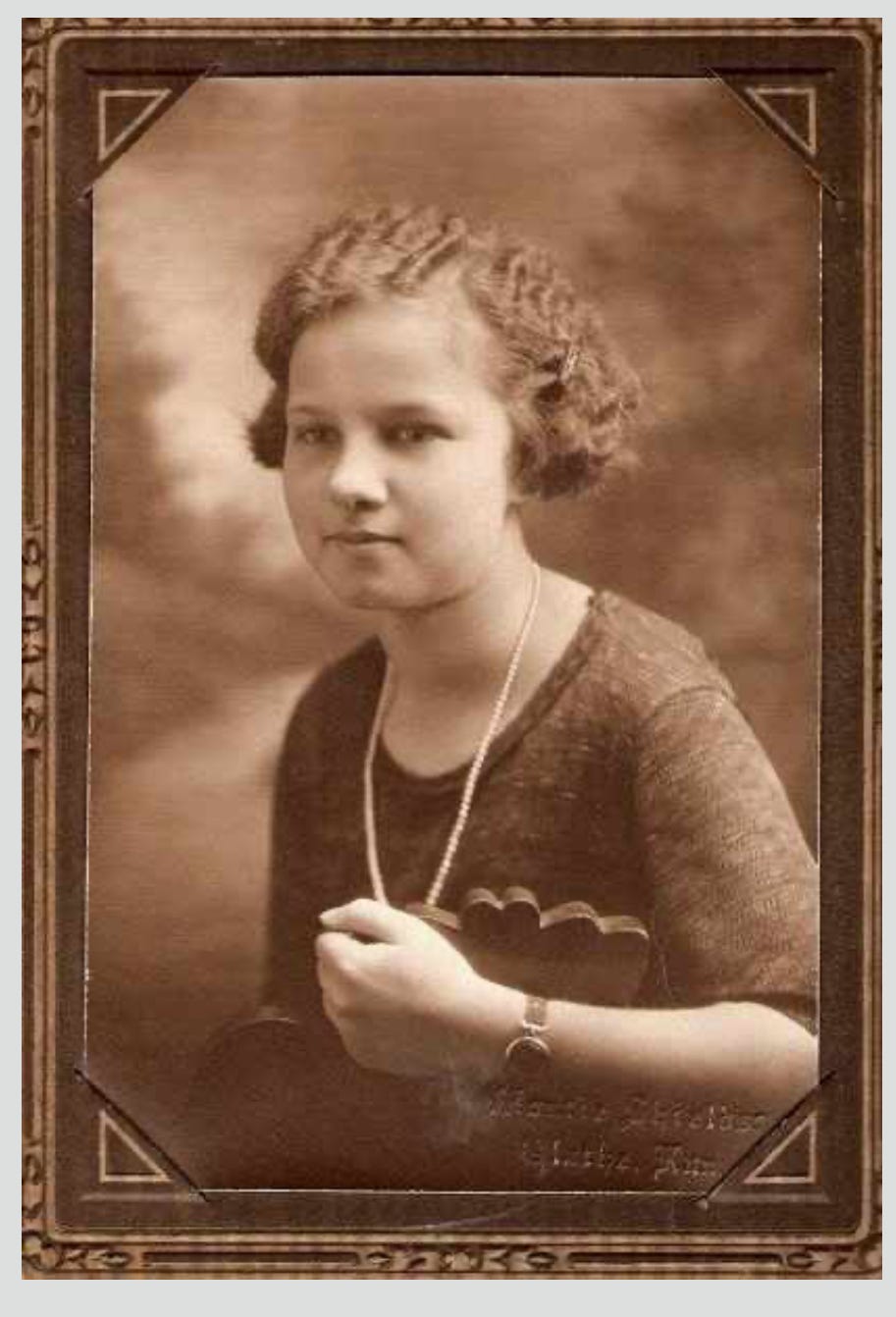One thing that initially held me back as a newbie genealogical researcher was the worry that I hadn’t adequately proved a point about my ancestor. Was this event experienced by my grandmother, or by someone with the same name? Was she still with her parents in Iowa, or had she moved to Kansas by that time?
Consequently, my desk became cluttered with a variety of documents reflecting first and second-hand evidence of events that may or may not be about my grandmother.
Utterly confused, I’d retreat from my office, overwhelmed by the questions swirling in my head.
How could I enter data in my genealogy program if I was as yet unsure of my research conclusions?
The process of writing down my current thinking in a formal research report to myself provides clarity and notes unanswered questions for future research. Seemingly disparate thoughts committed to paper frees me from worrying about tying together jumbled research findings.
The concept of writing down current thinking accepts that future research could reveal conflicting evidence that completely overrides previous conclusions. Additional research may also support my current thinking.
For history researchers, there is no such thing as proof that can never be rebutted.” Elizabeth Shown Mills. 1
The trick is to be open-minded as research progresses — eschewing blinders and biases that reject evidence when it doesn’t support current thinking.
To solve a challenging research question, I use my word processing program to write periodic research reports to myself. MS Word files on my local hard drive was the norm — no scattered notes on the back of used envelopes. Embracing cloud technology, I now keep my current thinking on Google Drive, accessible anywhere with an internet connection.
Happy family tree climbing!
Myrt 🤗
DearMYRTLE,
Your (not so) retired friend in genealogy
From Our Research Conclusions: Are they Hypotheses? Theories? Or Proof? published 12 May 2025 by Genealogical Publishing Company. (https://genealogical.com/2025/05/12/our-research-conclusions-are-they-hypotheses-theories-or-proof-by-elizabeth-shown-mills-cg-cg-fasg/ : viewed 13 May 2025.)
IMAGE: Frances Irene Goering, circa 1922.





Writing down what you think you know so far and being prepared to change your thinking if new evidence comes up is really important. I hadn't thought of writing a research report to myself. What I tend to do is write a sourced narrative about a person or event based on what I know so far and being clear about as yet unproven assumptions and speculation. I find that as I write the narrative, the gaps (both in information and sources for that information) become apparent. I can then research further to fill the gaps or leave until later as a record of what I need to do next when I refocus on that person or event.
Even old notes in a text file can help. I’ve been reading an entire county in the 1860 census and just found out that I may be going overboard on trying to find a family in it. The file note says the big three indexes don’t include this family…. Hmmm.